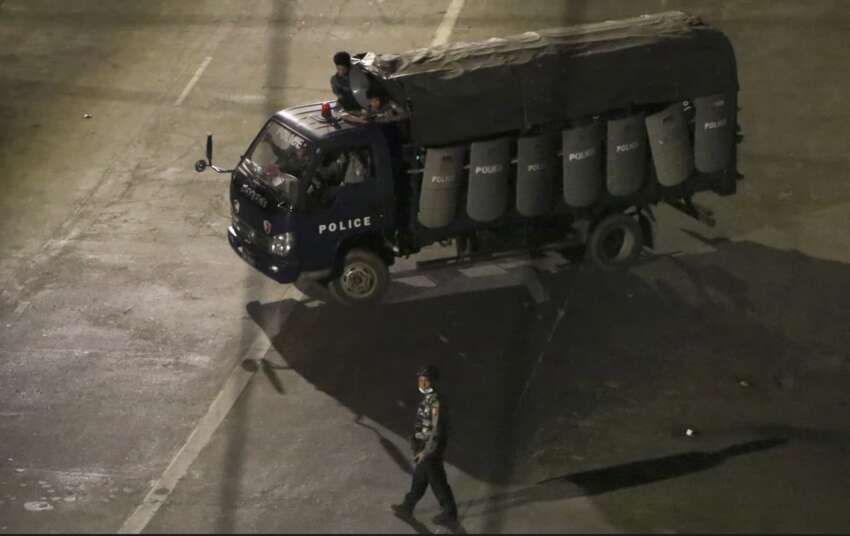
The terrorist military led by internationally-wanted Min Aung Hlaing has reorganized from the State Administration Council to the State Military Commission on July 31, declaring a state of emergency in 63 townships across 9 states and regions, granting military administrative power to regional military commands and commanders. These townships are areas controlled by revolutionary forces including the National Unity Government. The military council is expected to increase airstrikes, attacks on civilian targets, and war crimes in these regions.
The military council has suspended three crucial sections of the law protecting citizens’ personal freedom and security to enable arbitrary human rights violations against the public. These sections contained provisions prohibiting searches of private homes, detention, communications interception, and collection of personal information without proper warrants. With these sections suspended, the military council can now enter and search people’s homes without permits, detain individuals beyond 24 hours without court approval, intercept communications, and collect personal data. They can also inspect private correspondence and confiscate or destroy property.
This suspension of legal protections essentially legalizes the military council’s ongoing human rights violations and enables them to intensify their oppression of civilians. The military council has consistently violated human rights throughout its rule, but this formal suspension of protective laws signals their intent to escalate abuses while claiming legal authority. This poses a grave threat to the safety and security of Myanmar’s people, particularly in areas where resistance to military rule remains strong. The international community and Myanmar’s revolutionary forces must carefully document these increasing violations to ensure accountability.



